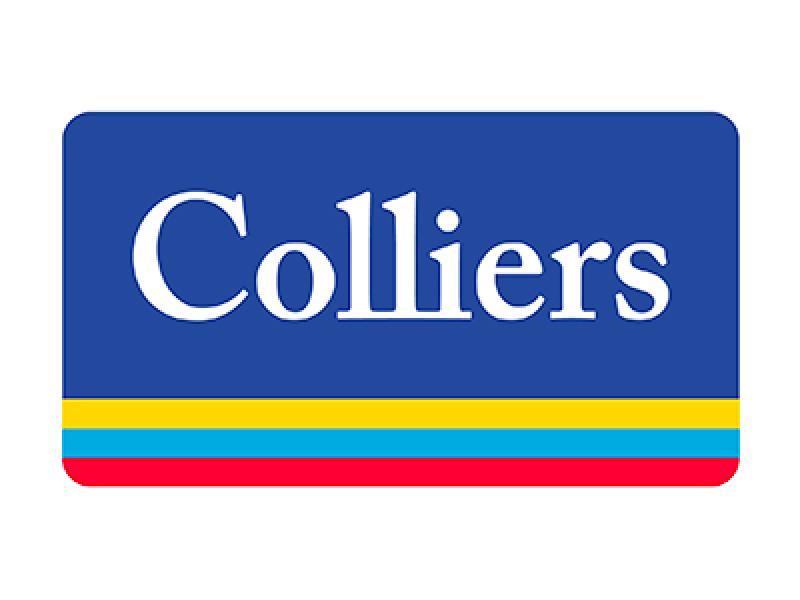
Why are secondary markets like Victoria ideal for multi-family property investment?
Investing in Victoria's real estate market has several advantages. The cap rates are generally 100-150 basis points higher than those of primary markets like Vancouver, allowing investors to achieve positive leverage in a shorter time, even though the market rental rates are similar.
Victoria's economy is robust, with low unemployment rates and sectors like government, technology, and tourism providing a stable environment for real estate investment.
Victoria's geography is another advantage for real estate investors, with the city surrounded by the ocean on three of its four sides. This makes investing in land a strategic decision as there is limited space for expansion. Demand for housing is expected to increase, leading to property appreciation.
Over the past 5 years, what major changes and innovations have you seen across the apartment sector in Victoria?
The influx of institutional money has significantly changed the Victoria real estate market in recent years. In 2017, private investors dominated the market, but today, REITs and Real Estate Private Equity Firms control 70-75% with continued interest from other REITs.
Another notable change is the appreciation of rental rates, which have almost doubled in some cases. For instance, a one-bedroom unit renting for $850-$950 per month in 2017 now rents for $1,700-$1,800 per month with minimal upgrades.
Innovations in the sector have also played a vital role in improving profitability. Developers are separating costs such as utilities and passing these expenses on to tenants. Landlords are also innovating older rental stock by installing low flow toilets that reduce water usage by 75%, saving up to $7,875 per year on a 50-unit building. As landlords strive to control expenses, these innovations have become increasingly valuable.
Do you foresee a slowdown in rental growth in your markets?
The rental growth in our markets is expected to continue at a steady pace with no immediate prospect of a slowdown, due to the current and projected supply. The Greater Victoria area currently has a vacancy rate of only 1.5%. The region continues to attract new residents seeking job opportunities or a more appealing lifestyle, as it offers year-round outdoor activities, such as skiing, cycling, and golfing.
Furthermore, with the recent announcement by the Federal Government to bring approximately 400,000-500,000 immigrants per year by 2025, secondary and tertiary markets like Victoria and the rest of Vancouver Island are expected to benefit significantly, as major markets have become increasingly unaffordable.
Have the recent increases in interest rates impacted cap rates in your markets?
The recent increases in interest rates have had an impact on cap rates in our market, and we have seen a slight upward movement. Despite this, the increase in rental growth and net operating income has been significant, and efficient owners and property managers have leveraged this to see an overall increase in pricing. For example, a well-located asset with value-add potential in Victoria that traded at $265,000 per door and a 3.25% cap rate in 2021 would now trade at $285,000 per door but closer to a 4% cap rate, resulting in a million-dollar increase in price over a 50-unit building.
In cases where vendors have not been able to achieve unit turnover in their buildings and increase income, but still want to sell at 2021 prices, we are seeing more and more transactions include vendor takeback financing. This option benefits vendors by deferring capital gains over the term of the financing they provide. Buildings with attractive long-term assumable debt are still trading at lower cap rates.
Where do you see owners benefiting the most when it comes time to sell their property?
Working with a broker 6-12 months prior to selling a property can be highly beneficial for property owners. A broker can assist with property preparation, including cosmetic upgrades and financial restructuring, which can maximize the property's value. It is important to note that not every property needs to be actively listed on the market, but owners should be cautious when considering unsolicited offers without consulting a professional. A specialized broker can provide valuable market insights, including analysis of recent transactions, comparable sales, and rental trends, allowing owners to make informed decisions about selling. Working with a broker can ultimately help property owners achieve their goals of obtaining the highest price, minimizing risk, and ensuring a smooth transaction process.
How do you see the multi-family market performing for the rest of 2023 and into next year?
I am bullish on the multi-family market for the rest of 2023 and beyond. The multi-family market's fundamentals remain robust due to strong demand and limited supply. The pandemic has highlighted the importance of housing. While rising interest rates may pose challenges for new investors, it benefits existing multi-family property owners as it makes it harder for tenants to qualify for mortgages, keeping them in the rental pool.
Over the past three years, the apartment rental business has performed exceptionally well, with near-perfect revenue collection. This highlights the sector's lucrative potential for investors. Despite potential obstacles like rising interest rates and regulatory hurdles, the long-term outlook for the multi-family market remains favourable.
How does your experience in commercial real estate benefit your clients?
Being a specific segment expert, I position my clients optimally in the marketplace when they're ready to sell their properties. Regular interactions with owners, investors and industry professionals have helped me develop a profound understanding of the multi-family asset class.
Besides my expertise, my clients also benefit from my strong network of contacts and resources. This includes access to potential buyers and investors, as well as legal, accounting, and property management professionals. I provide support throughout the entire transaction process, from initial negotiations to closing, to ensure my clients achieve their objectives. Whether it's maximizing ROI or finding the ideal property, I remain committed to delivering results that exceed expectations.











